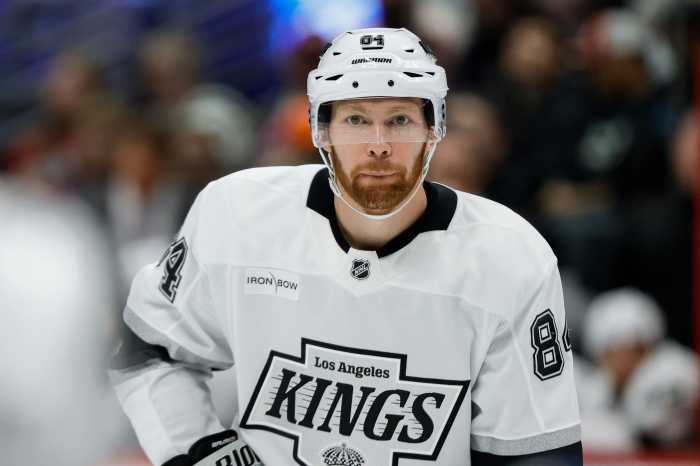After going 2-3-1 in their last six games, the Rangers are hitting the West Coast for a pivotal stretch in their schedule.
As the season has gone on, their glaring issues on the road have gone from an anomaly to a trend, now 3-5-1 away from MSG since Dec. 5. This trip out west allows the Blueshirts to right the ship and address what has plagued them away from the Garden.
At home, the Rangers average 3.48 goals per game and allow 2.95. They have the fourth most wins among NHL teams at home, showing they have no issues playing in front of the home crowd. On the road, the offense struggles most, with their goals per game dropping to 2.8 since the start of December.
The Rangers are averaging 30 shots per game on the road since December, compared to 32.3 at home in that same time frame. While two shots a game might not seem like a major issue, it has made the difference as the Rangers hold an 8-4 record at home in their last 12 games.
This trip out west against the Pacific Division will allow the Rangers to face a wide range of opponents, from the Vegas Golden Knights who sit in second place to the San Jose Sharks, who are having one of the most abysmal seasons in the history of the NHL. A long cross-country trip allows the Rangers to reset and address the glaring issues that have plagued them at the heart of their season.
To garner more chances, the Blueshirts will need to put more pucks on the net and give themselves more opportunities to score. Kaapo Kakko, coming off an injury, could be the difference maker they need. After scoring against the Seatle Kraken on Tuesday night, Kakko has felt he is getting back into the groove of the Rangers’ offense.
“Couple goals today, I mean when you haven’t been scoring or even been playing, it helps a lot,” he said.
With Kakko and his line back into the groove, head coach Peter Laviolette can rely on his leaders to carry the load on offense and make the adjustments necessary to halt the road struggles.
In the heart of the hockey season, there will be ebbs and flows that are positive, and some that are negative. The best teams address the weaknesses and make them strengths as the playoffs loom around the corner.



































